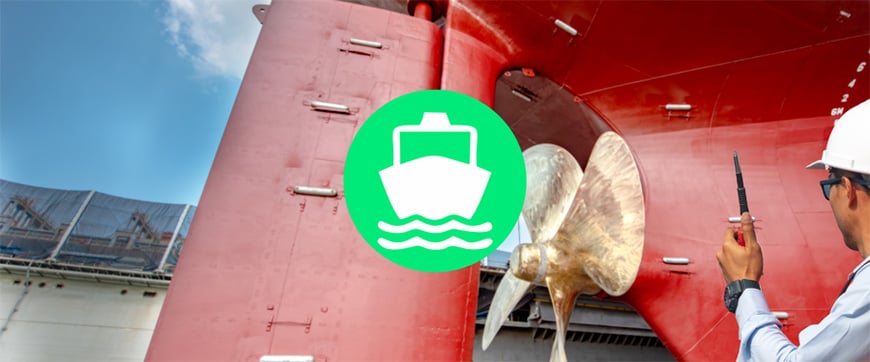Do you need a Maritime Vessel inspection?
Maintain the integrity and reliability of the global shipping industry through our global inspections marketplace.
Get onboard with the fastest growing inspection network in the world.
Maritime vessel inspections are a crucial aspect of ensuring the safety, security, and environmental compliance of ships and boats operating in oceans, seas, rivers, and other bodies of water. These inspections are conducted by various authorities, organizations, and agencies to assess a vessel's condition, adherence to regulations, and overall fitness for its intended purpose. The primary objectives of maritime vessel inspections include:
Safety: Ensuring that vessels are seaworthy and safe for passengers, crew, and the environment is paramount. Inspections check for compliance with safety standards and regulations related to the vessel's structure, equipment, navigation systems, and firefighting systems.
Pollution Prevention: Inspections are essential to prevent pollution of marine ecosystems. Vessels are assessed for their compliance with environmental regulations regarding ballast water management, sewage discharge, emissions, and waste disposal.
Regulatory Compliance: Vessels must adhere to international and national maritime regulations and standards, such as the International Maritime Organization (IMO) conventions, the International Convention for the Safety of Life at Sea (SOLAS), the International Convention for the Prevention of Pollution from Ships (MARPOL), and domestic laws. Inspections verify compliance with these regulations.
Security: In the wake of security concerns, particularly after the 9/11 attacks, vessel inspections have become essential to identify and mitigate potential security threats or vulnerabilities, such as stowaways, illegal cargo, and terrorism-related risks.
Types of Maritime Vessel Inspections:
Port State Control (PSC): Conducted by coastal states, PSC inspections are targeted at foreign vessels visiting their ports. They focus on safety, security, and environmental compliance, with the power to detain vessels found to be non-compliant.
Flag State Inspections: Vessels are subject to inspections by their flag state authorities to ensure compliance with international regulations. Flag states are responsible for issuing the vessel's registration and maintaining its compliance records.
Classification Society Surveys: Classification societies are independent organizations that assess and classify vessels based on their design, construction, and maintenance. These surveys help ensure vessels meet specific safety and structural standards.
Port Security Inspections: Focused on security aspects, these inspections are aimed at identifying potential threats, illegal activities, or vulnerabilities in ports and on board vessels. They are often conducted by port authorities or law enforcement agencies.
Environmental Inspections: These inspections assess a vessel's compliance with environmental regulations, including emissions, ballast water management, garbage disposal, and anti-fouling coatings.
Safety Inspections: Safety inspections cover various aspects, including fire safety, life-saving equipment, navigation systems, and overall structural integrity.
The frequency and depth of inspections depend on factors like the type of vessel, its age, its purpose, and the applicable regulations. Vessels that fail inspections may be subject to penalties, detentions, or restrictions on their operations until necessary improvements are made.
Maritime vessel inspections play a critical role in ensuring the safety of maritime transport, protecting the marine environment, and upholding international standards and regulations. They help maintain the integrity and reliability of the global shipping industry.







